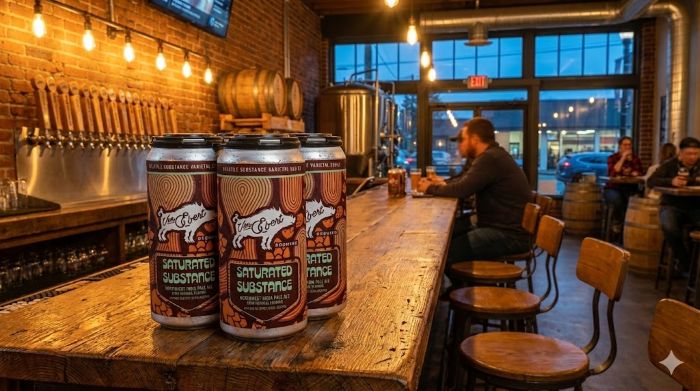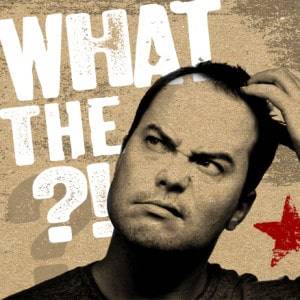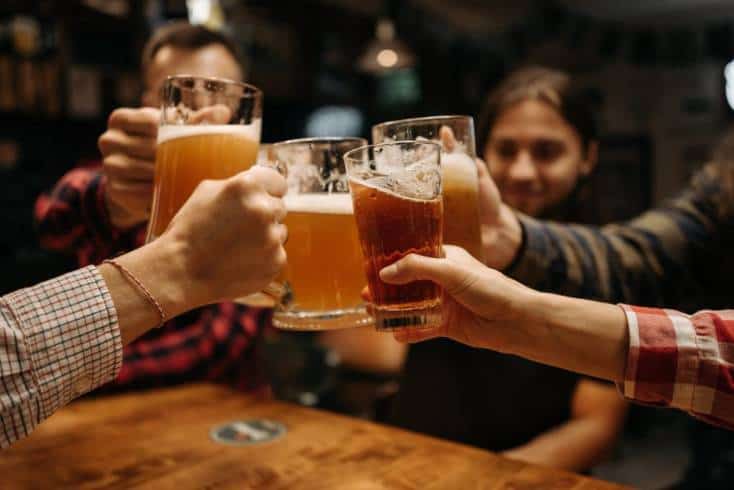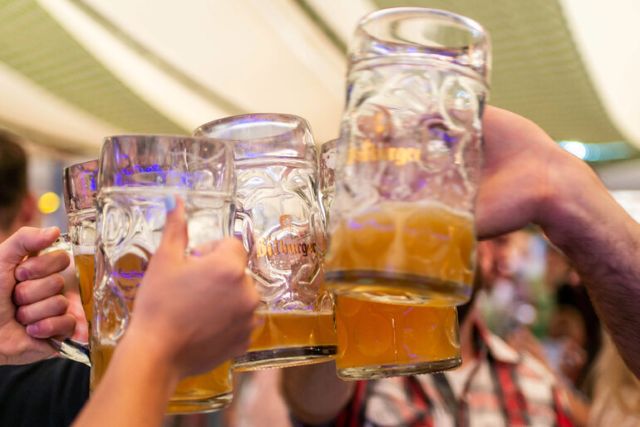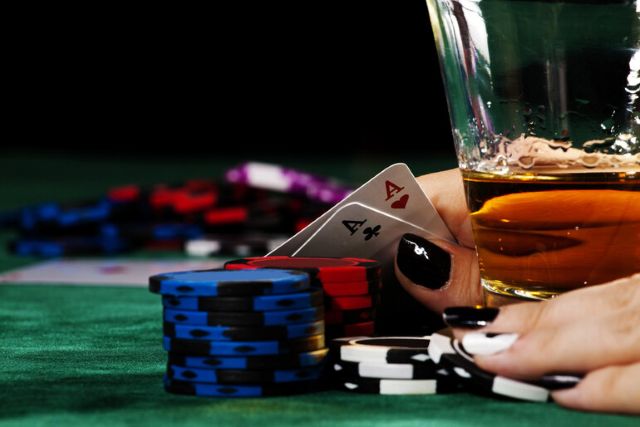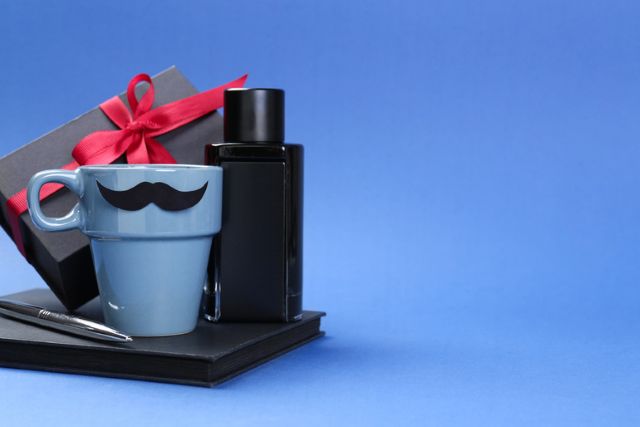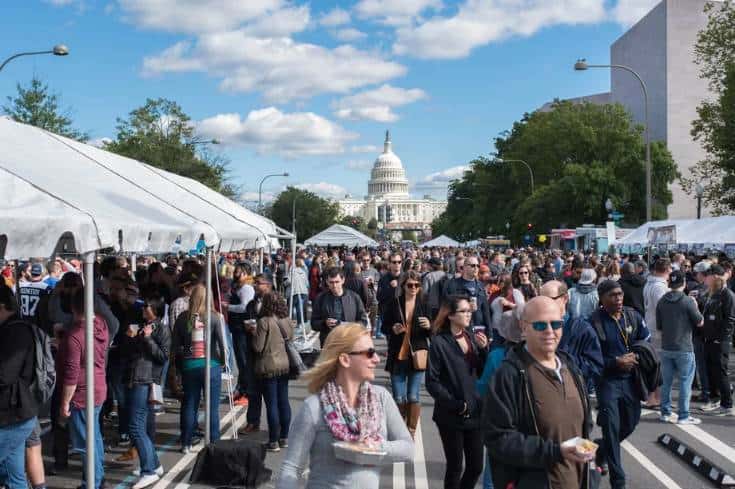Why Hangovers Hurt More After 40
Why Hangovers Hurt More After 40
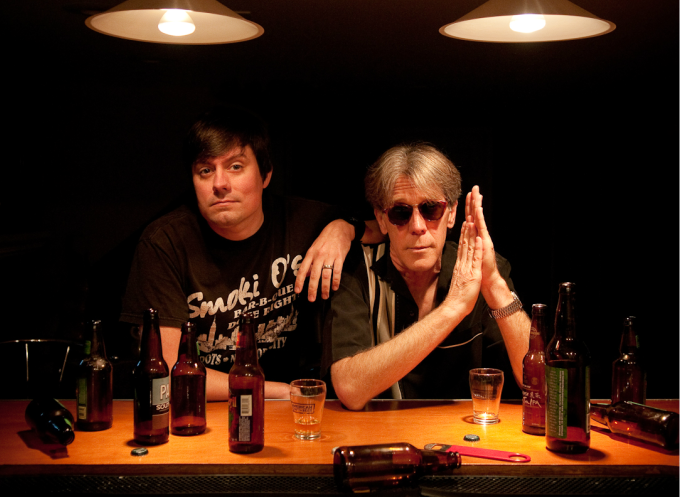
In a recent article for the Wall Street Journal, Andrea Peterson takes on alcohol consumption and getting older with a (clear-eyed?) alacrity and incisiveness, and in doing so, helped some of us feel a little better about increasingly feeling much worse…
Age Amplifies Everything
According to Peterson, the effects of alcohol get amplified the older we get and hangovers get more complicated. Older people simply can’t handle alcohol the way they could during their college years (when drinking for some was a daily exercise and for others a way of life). And she cites health experts to explain this transition:
Part of the issue is that people in their 40s and older simply tend not to drink as much or as often as those in their 20s and 30s, which lowers tolerance. “You’re becoming more work-oriented, more family-oriented,” says Robert Pandina, director of the Center of Alcohol Studies at Rutgers University.So when you do drink “you might have a more sensitive response to alcohol because you’ve lowered your exposure to alcohol overall.”
Body Composition Changes
As many of us are all too aware, our bodies change significantly as we age – muscle mass declines and fat increases. Peterson cites experts such as Dr. Reid Blackwelder (President of the American Academy of Family Physicians as well as a practicing doctor) to explain how these changes might affect the speed with which alcohol enters our bloodstream:
Alcohol isn’t distributed in fat. People also have less total body water as they get older. So if several people have the same amount to drink, those with more fat and less muscle and body water will have more alcohol circulating in their bloodstream. (This is also partly why women of any age tend to feel alcohol’s effects more than men.)
And the amount of water in our system is also a factor:
“A lot of older people are borderline dehydrated. They have less body water just from the natural effects of aging,” Dr. Blackwelder says. It helps to drink water and have a full stomach when knocking one back.
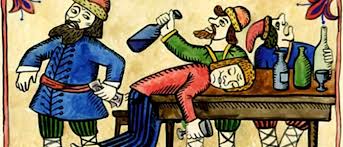
Health experts suggest that age-related decline in brain functions also factors into hangovers as we get older. “Particularly beginning in the 50s and 60s, the brain is more sensitive to alcohol,” Peterson reports. “Booze basically enhances normal age-related cognitive decline. Neurons lose speed.”
Alcohol Impacts Sleep
It’s hardly news that one of the best ways to ride out a hangover is too sleep it off. Unfortunately that once dependable option becomes all the more elusive as we age. Sleep itself gets more difficult and fragmented. Peterson writes that as we get older, we’re simply “more affected by alcohol’s impact on sleep, a fact that can turn a mild hangover into a must-stay-in-bed-all-day affair.”
Bottom Line
It’s been said that “with age comes wisdom.” And while that may or may not be true, clearly everything else falls to shit. So keep that in mind the next time you’re power-pounding back those beers, fun-lovers…. especially if you’re looking back at 40.



